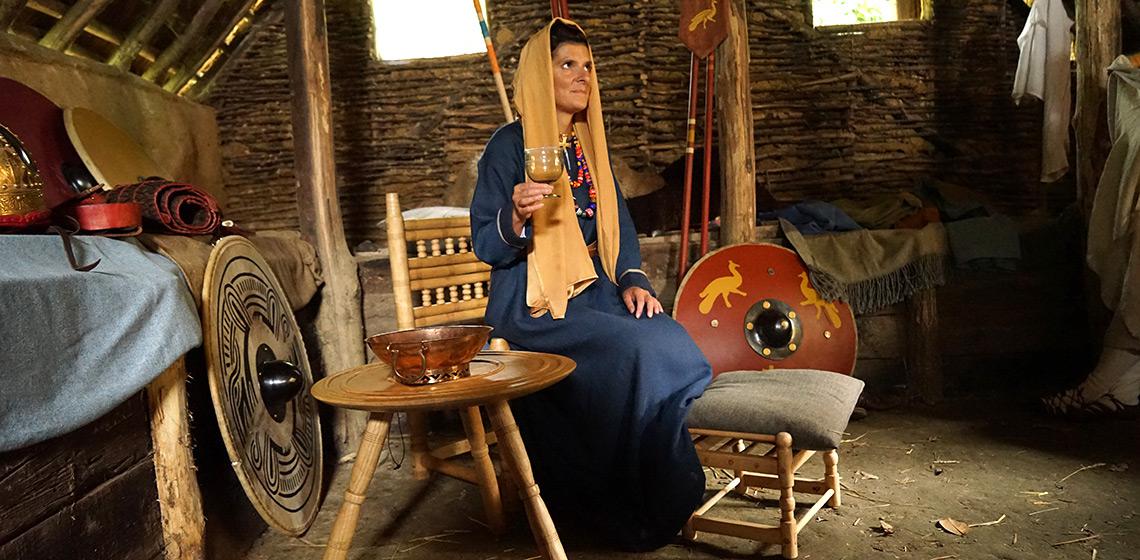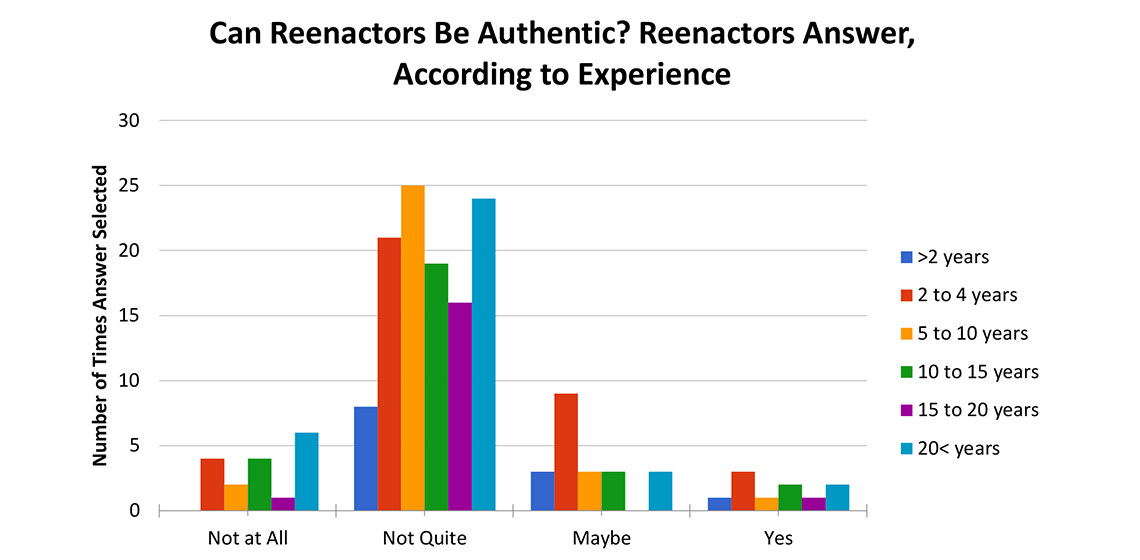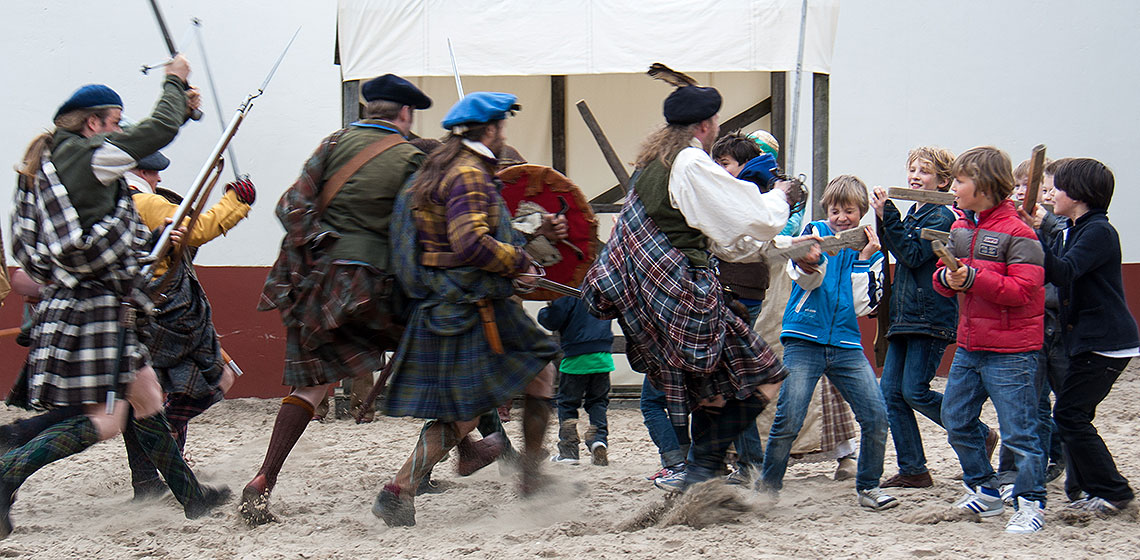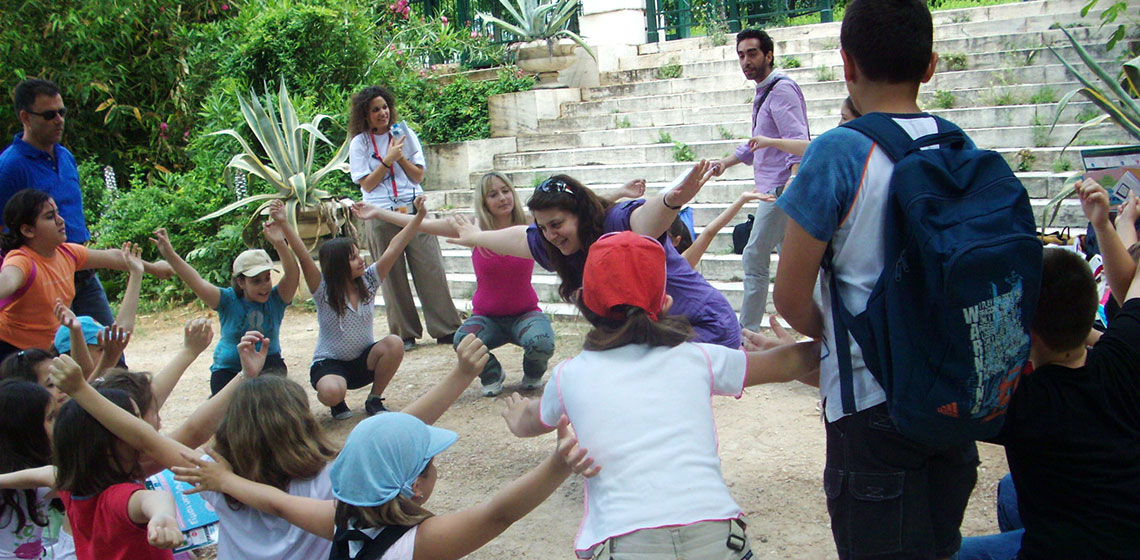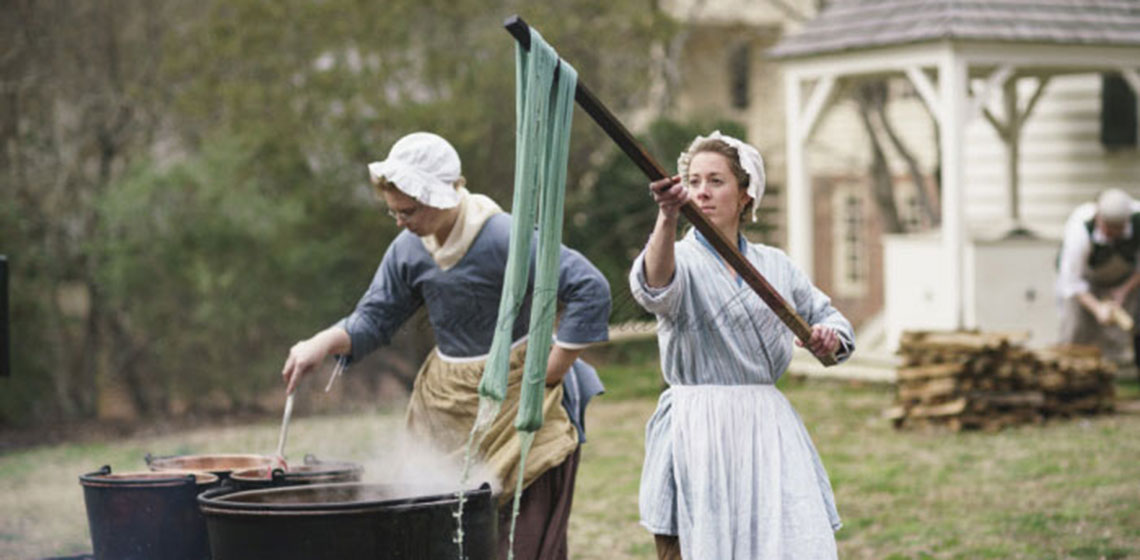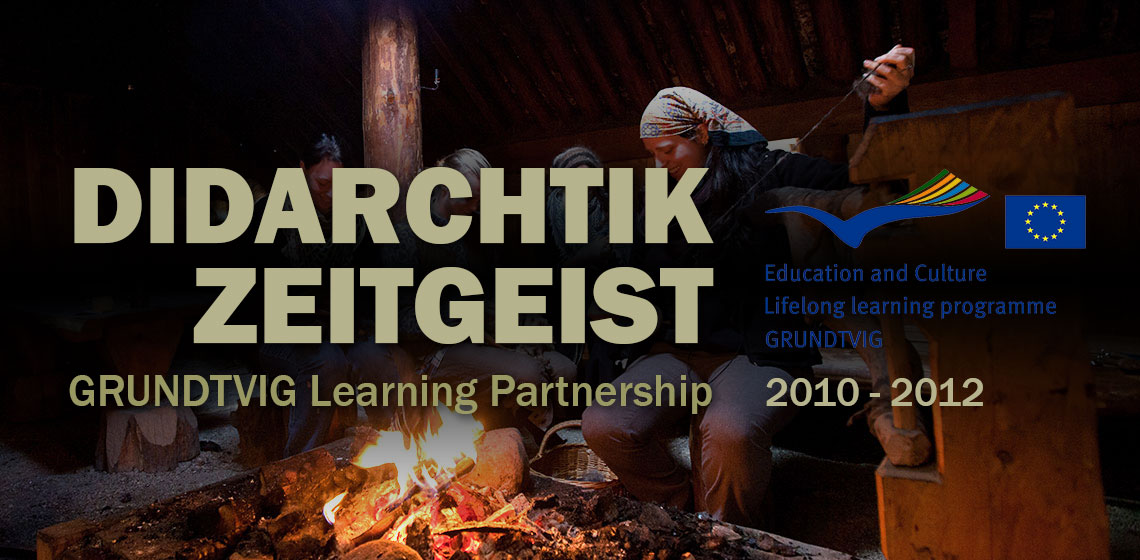Featured in the EXARC Journal
Interpretation
What Does Your Visitor Experience? Making the Most of Live Interpretation in a Unique Setting
***Archaeological Open-Air Museums (AOAM) offer a unique setting in which live interpretation can make history come truly alive. For many, or perhaps all, AOAM history is the product being sold to the public. During the five years the OpenArch project has run the partners have spent many hours discussing the...
Museum Theatre in Greece: Perspectives in Site Interpretation
Introduction
Museum theatre as an umbrella-term is used to describe a variety of performative events aimed to interpret fragments of cultural heritage. In the framework of one of the main challenges contemporary museums face, that of having a social impact while dealing with heritage, whom values and narratives can always be “contested and disputed” (Smith 2011, 70), museum theatre has proved that not only can it enforce a constructivist approach in a museum environment but it can also generate debate and promote critical thinking on controversial issues (Farthing 2010).

